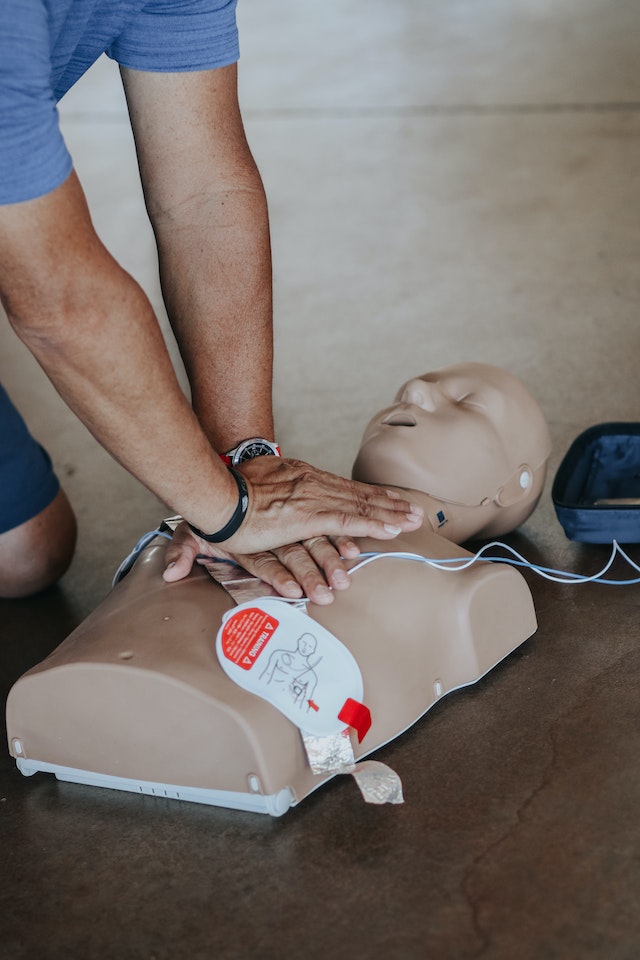CPR is a lifesaving skill. Unfortunately, emergencies like cardiac arrest and significant trauma happen before most people have the time or training necessary to render aid.
To be prepared for these scenarios, everyone needs to learn CPR for a chance to save someone’s life when needed. It’s a surprisingly simple process that anyone can know in a short amount of practice.
What Is CPR?
CPR, or cardiopulmonary resuscitation, is a medical procedure followed by emergency responders to revive someone who has stopped breathing. You can use it for cardiac arrest victims or other emergencies such as choking.
If someone does not receive CPR immediately, their chances of survival begin to decrease rapidly, and the time required for restoring normal breathing may increase significantly.
Basic knowledge of CPR is crucial for quick action and the best chance at life preservation during an emergency. You can even get a CPR certification online, and you don’t need to be a nurse or an EMT to get started.
Here are five reasons why everyone should learn CPR.
1. To provide immediate assistance when necessary.
CPR is a lifesaving skill you can use during an emergency or public demonstration. While most people will never need to use it, it’s important to know just in case. It can happen to anyone with any medical emergency, including heart attacks, strokes, seizures, and asthma attacks.
CPR can also be necessary after a major accident or disaster and is a skill that all citizens of this world should retain.
2. To be better prepared for emergencies.
CPR is the first step in a standard first-response procedure that can help save a life. A growing number of cities and communities have CPR training programs available to the public and can provide information on where to obtain your CPR certification.
It’s important to know what steps to take in an emergency as soon as possible so you can respond effectively without putting yourself in danger. It can also help save time during a medical emergency, which can be crucial in preventing permanent injuries or death.
3. To save a life.
Saving lives is the ultimate goal of CPR. Most first responders and medical personnel will tell you that early efforts are crucial to success, but too often, people do not have time to begin CPR before the victim’s heart stops or brain functions are lost.
Learning this skill can help you save someone’s life in a time of need and provides a sense of security.
4. To help improve public awareness.
It’s important to remember that learning CPR is always optional. However, when called upon, it can save someone’s life.
Public awareness of CPR through education in schools has been incredibly successful in Africa and the United States. It helps increase the knowledge of those who might need it throughout a community, making that area more prepared for emergencies such as heart attacks.
5. To reduce the number of deaths from preventable causes.
CPR is a vital skill for first responders and medical personnel alike and has significantly reduced the number of deaths caused by an otherwise unresuscitable condition. It’s essential for everyone who wants to save lives to have access to this skill, even if it must be taught individually.
By bringing it into the public eye, more people can become aware of how CPR can be used effectively by anyone to help save a life.
Conclusion
It’s essential to keep in mind that CPR is only one piece of a fundamental equation. Learning this type of lifesaving skill can be an effective and quick way to help prevent an emergency from becoming fatal.
The more people know about how CPR works, the better prepared they will be for the next time they’re called upon to perform this lifesaving procedure.


